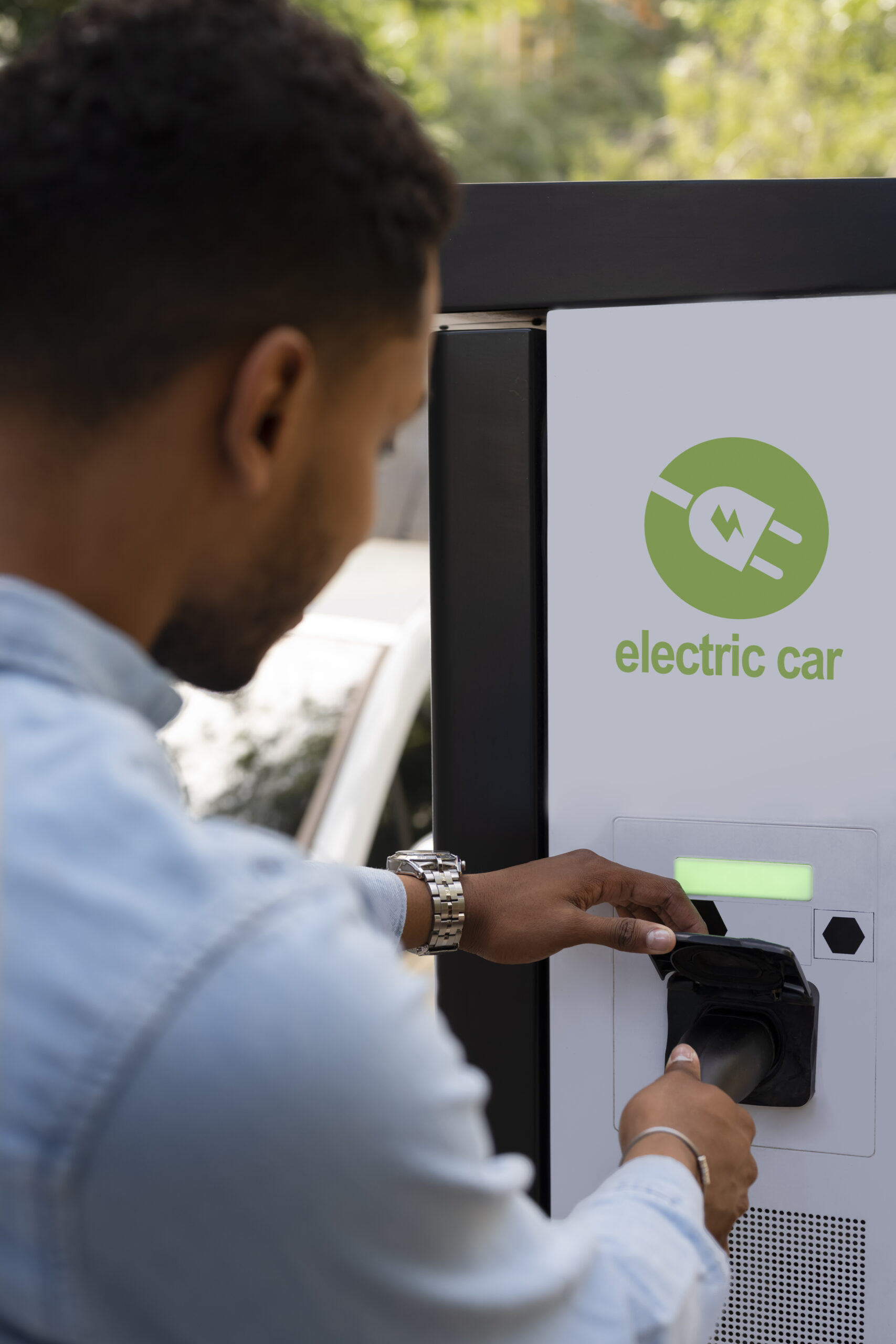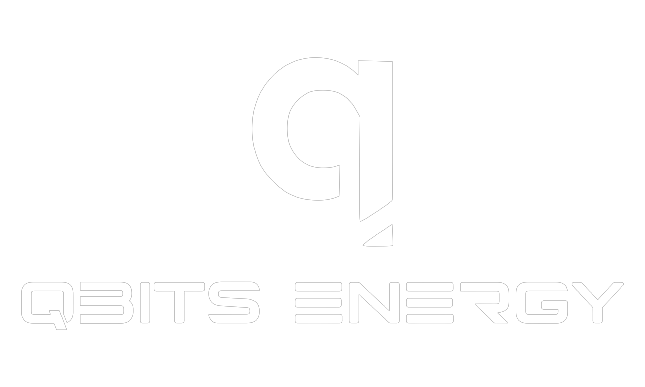We offer software solution to manage and control the charging stations, billing, user authentication, and other essential functions to provide a seamless charging experience for EV owners
We help businesses efficiently manage, oversee and optimize their electric vehicle charging networks.






